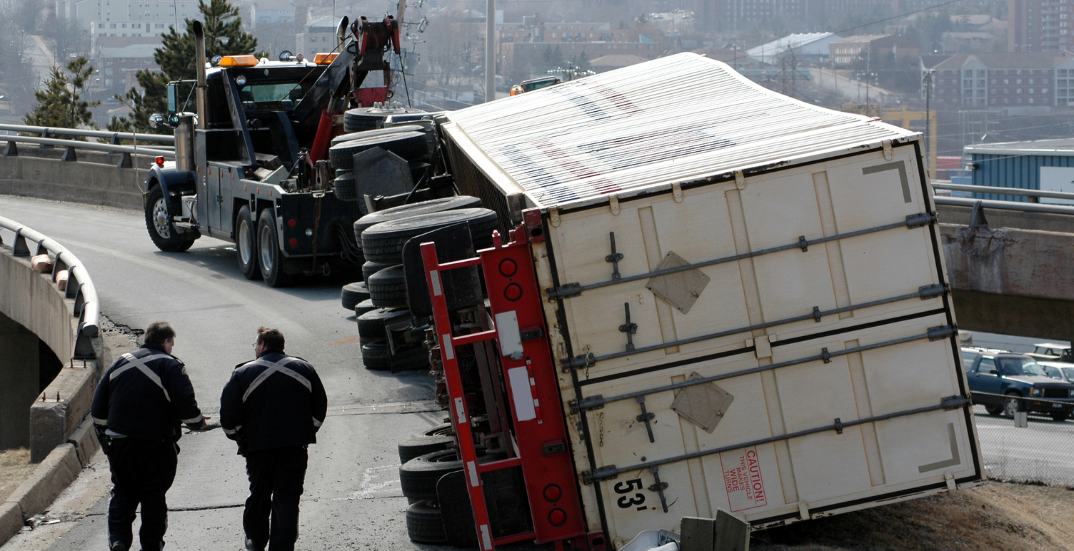In West Virginia, trucking is more than just a means of transportation—it’s a vital part of the state’s economy. Whether you’re a truck driver, fleet manager, or just a concerned motorist, understanding West Virginia’s trucking laws is crucial. In 2024, these regulations ensure safety on the roads, protect drivers, and maintain efficient transportation. This comprehensive guide will walk you through the key aspects of trucking laws, including driver requirements, hours of service, DUI regulations, cargo loading, and vehicle maintenance.
Truck Driver Hiring and Training Requirements
Truck Driver Qualifications in West Virginia
To operate a commercial truck in West Virginia, drivers must meet strict qualifications. First and foremost, they need a Commercial Driver’s License (CDL). Acquiring a CDL involves passing both written and driving tests. This license demonstrates that the driver has the necessary skills and knowledge to handle large vehicles safely.
However, holding a CDL isn’t enough on its own. Trucking companies must thoroughly vet applicants by checking their driving history and conducting criminal background checks. Proper training is also essential. Even experienced drivers need specific training to handle various truck types and ensure they follow all safety protocols. Without proper training, drivers might make dangerous errors that could lead to accidents.
Importance of Ongoing Driver Training
Truck drivers must undergo regular training to stay updated on new regulations and safety practices. This continuous education helps prevent errors and enhances overall road safety. For trucking companies, investing in comprehensive training programs is not just a legal obligation but also a step towards minimizing risks on the road.
Hours of Service (HOS) Regulations
Daily and Weekly Driving Limits
One of the critical aspects of trucking regulations is managing driver fatigue. Both federal and state laws impose limits on driving hours to ensure truck drivers are well-rested. In a 14-hour workday, drivers can only operate their trucks for a maximum of 11 hours. After driving for eight consecutive hours, they must take a 30-minute rest break to recharge.
Weekly Driving Restrictions
Beyond daily limits, truck drivers are restricted on how much they can drive over a week. They cannot exceed 60 hours of driving in a seven-day period or 70 hours in an eight-day period. These regulations aim to prevent exhaustion and ensure that drivers are alert while on the road.

DUI Regulations for Commercial Truck Drivers
Lower BAC Limits for Truck Drivers
Driving under the influence (DUI) is a serious offense, but it’s treated even more strictly for commercial truck drivers. While the legal blood alcohol concentration (BAC) limit for regular drivers is 0.08%, truck drivers must maintain a BAC below 0.04%. This lower limit reflects the increased risks associated with operating large vehicles.
Consequences of Impaired Driving
Driving a truck while impaired is dangerous and can lead to severe penalties. Aside from legal repercussions, impaired driving can result in catastrophic accidents, endangering the lives of the driver, passengers, and other road users. It’s crucial for truck drivers to avoid alcohol and drugs before getting behind the wheel to maintain road safety.
Cargo Loading and Securing Requirements
Weight and Height Restrictions
Proper cargo loading is essential to prevent accidents and ensure smooth transport. In West Virginia, trucks must adhere to federal weight and height limits. The maximum weight for a standard truck is 80,000 pounds. Any load exceeding this weight requires a special permit.
Securing Cargo Safely
Loading and securing cargo correctly is not just a legal requirement but a safety imperative. Improperly secured cargo can shift during transport, potentially causing accidents. The Federal Motor Carrier Safety Administration (FMCSA) provides guidelines on how to load and secure cargo properly, helping to prevent such risks.
Mandatory Equipment Inspections and Maintenance
Regular Truck Inspections
Regular maintenance and inspections are vital for keeping trucks in safe working order. The FMCSA mandates that trucks undergo routine inspections, repairs, and maintenance. Neglecting these checks can lead to mechanical failures, which might cause accidents.
Preventing Accidents Through Maintenance
Routine maintenance helps in identifying potential issues before they become serious problems. Regularly checking and repairing parts like brakes, tires, and engines can prevent breakdowns and accidents on the road. For trucking companies, maintaining their fleet is crucial for operational safety and efficiency.
Understanding Legal Rights After a Truck Accident
Knowing Your Rights
If you’re involved in a truck accident, it’s important to understand your legal rights. Trucking regulations are complex, and navigating the aftermath of an accident can be challenging. Seeking legal advice is crucial to ensure that your rights are protected and that you receive the compensation you deserve.

Importance of Legal Representation
Consulting with experienced legal professionals who understand trucking laws can make a significant difference in your case. They can help you navigate the legal process, gather necessary evidence, and advocate for your rights. If you’ve been injured in a truck accident, don’t hesitate to seek expert legal assistance.
Conclusion
Understanding and complying with West Virginia’s trucking laws is essential for safety on the roads. From hiring and training requirements to hours of service and cargo securing, these regulations are designed to protect both drivers and other road users. If you’ve been involved in a truck accident or need legal advice related to trucking laws, the team at Manchin Ferretti Injury Law Group is here to help.
Get Your Free Consultation
At Manchin Ferretti Injury Law Group, we are committed to helping you navigate the complexities of trucking regulations and advocating for your rights. If you or a loved one has been involved in a truck accident, get your free consultation today for expert legal representation and support. Your safety and well-being are our top priorities.





